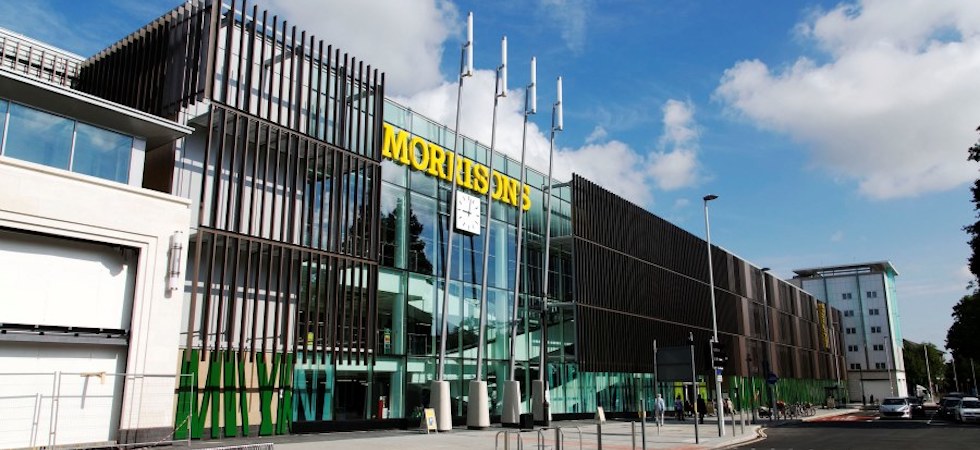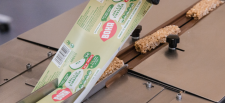UK retailer Morrisons has partnered with environmental technology company Sea Forest to reduce methane emissions from its beef cattle.
Sea Forest will work with Myton Food Group, Morrisons’ manufacturing arm, to supply SeaFeedTM. This methane-abating livestock feed aims to “help fast-track the introduction of lower carbon beef products” such as mince, burgers, steaks and joints in Morrisons.
Morrisons said the process is still awaiting approval, but if successful customers should see products on shelves by 2026. It also said the partnership was part of its plan to achieve net zero agriculture emissions from its directly supplied farms by 2030.
According to Morrisons, when the SeaFeed product is included as a small fraction of the animals’ diet (approximately 0.5%), it is “scientifically proven to reduce methane production” without impacting the taste or quality of beef.
Sophie Throup, technical and sustainability director at Myton Food Group for Morrisons, said: “As British farming’s biggest direct customer, we are well placed to support the farmers we work with and help them farm more sustainably. This partnership supports our ambition to have net zero agriculture emissions by 2030.
“Having our own livestock experts with direct relationships with farmers enables us to make changes quickly, meaning that once our trial is complete and we have approvals in place, we can develop our lower carbon beef products and help support the drive to lower emissions from cattle.”
Sam Elsom, CEO of Sea Forest, said: “Distributing our methane-busting solution to one of the most respected retailers and food producers in the UK to reduce livestock methane emissions is a tremendous milestone for Sea Forest.
“SeaFeedTM has the potential to sustainably feed the planet while tackling one of the most challenging pieces of the climate puzzle. Our trials with beef, dairy and wool producers across Australia and New Zealand have demonstrated excellent results and we are delighted to partner with Morrisons to make a meaningful impact on climate change at an international scale.”
The partnership is the latest step in a research programme by Morrisons and Queen’s University Belfast that is looking at the use of seaweed to help reduce methane production in cattle.









